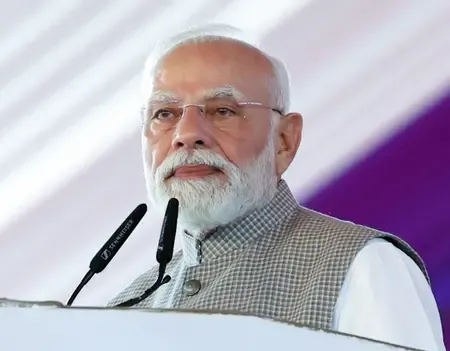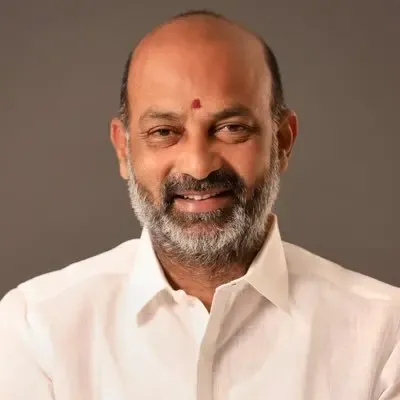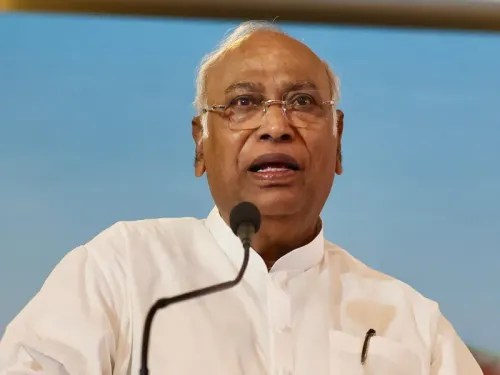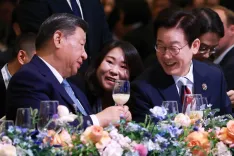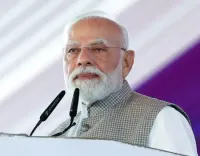Jaipal Singh Munda: Trailblazer of India's Olympic Hockey Gold and Advocate for Tribal Rights
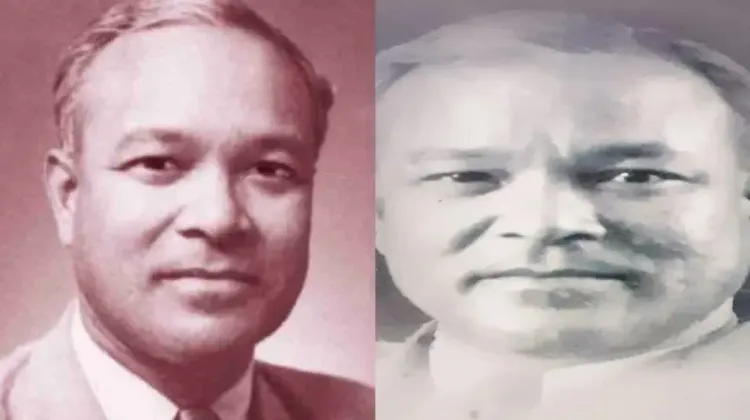
Ranchi, Jan 3 (NationPress) In the tranquil village of Takra, located in the lush forests of Khunti district, 50 km from Ranchi, Amru Pahan and Radhamuni welcomed a son on January 3, 1903, destined to become Jaipal Singh Munda, a legendary figure celebrated for his remarkable abilities, steadfast passion, and magnetic persona.
Jaipal Singh Munda, affectionately known as "Marang Gomke (Great Leader)", guided India to its inaugural Olympic gold medal in hockey at the 1928 Amsterdam Olympics. His dedication to hockey was so profound that he opted to leave the esteemed Indian Civil Service (ICS) during the era of British dominance to follow his dreams.
Jaipal Singh Munda's influence reached beyond the realm of sports. He was an exceptional student, an eloquent speaker, a significant member of India’s Constituent Assembly, and a tireless defender of tribal rights. Although Jharkhand officially became a distinct state on November 15, 2000, the political journey towards its establishment began in 1938-39 under Jaipal Singh Munda’s stewardship. Today, on his 123rd birth anniversary, Jharkhand reverently honors its remarkable hero.
Born Pramod Pahan, Jaipal Singh Munda’s potential was recognized early on. At St. Paul’s School in Ranchi, the British Principal was so taken with his talent that he brought the young boy to England in 1918. He graduated in Economics from St. Augustine’s College, Canterbury, and later from St. John’s College, Oxford, in 1926.
His athletic talent earned him the prestigious title of ‘Oxford Blue’ in 1925, making him the sole international hockey player to receive this accolade. In 1928, while completing ICS training in England, he was named captain of the Oxford hockey team.
Under Jaipal Singh Munda's leadership, India clinched its first Olympic hockey gold in 1928, forever inscribing his name in history. Upon returning to India, he engaged in various roles, including working at Burma Shell Oil Company in Kolkata, teaching Economics in Ghana, and serving as the principal of Rajkumar College in Raipur. Additionally, he held the positions of Minister of Finance and Foreign Affairs for the Bikaner State.
Jaipal Singh Munda’s political career began in 1938 when he took the helm of the Adivasi Mahasabha, an organization dedicated to advocating for tribal rights. On January 20, 1939, he was appointed president of the Mahasabha, which amplified the demand for a separate Jharkhand state. In 1940, he met Subhash Chandra Bose at the Ramgarh session of Congress and formally presented this demand.
In 1946, Jaipal Singh Munda was elected to the Constituent Assembly, where he passionately represented the interests of tribal communities. After India gained independence, he transformed the Adivasi Mahasabha into the Jharkhand Party in 1949. The party performed exceptionally well in the initial Lok Sabha and Assembly elections in 1952, becoming the principal opposition in Bihar with 32 seats in the Assembly.
In 1963, Jaipal Singh Munda merged the Jharkhand Party with the Congress, contingent upon the creation of a separate Jharkhand state. While this commitment took decades to fulfill, his vision and efforts established the groundwork for the eventual formation of Jharkhand in 2000.
Jaipal Singh Munda remains an enduring symbol of excellence in sports, governance, and the struggle for social justice. His legacy inspires countless individuals, particularly in Jharkhand, to pursue progress while honoring their cultural heritage.

